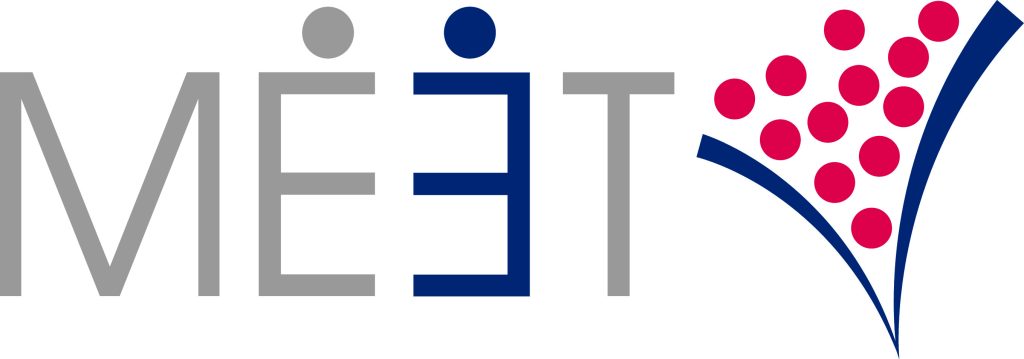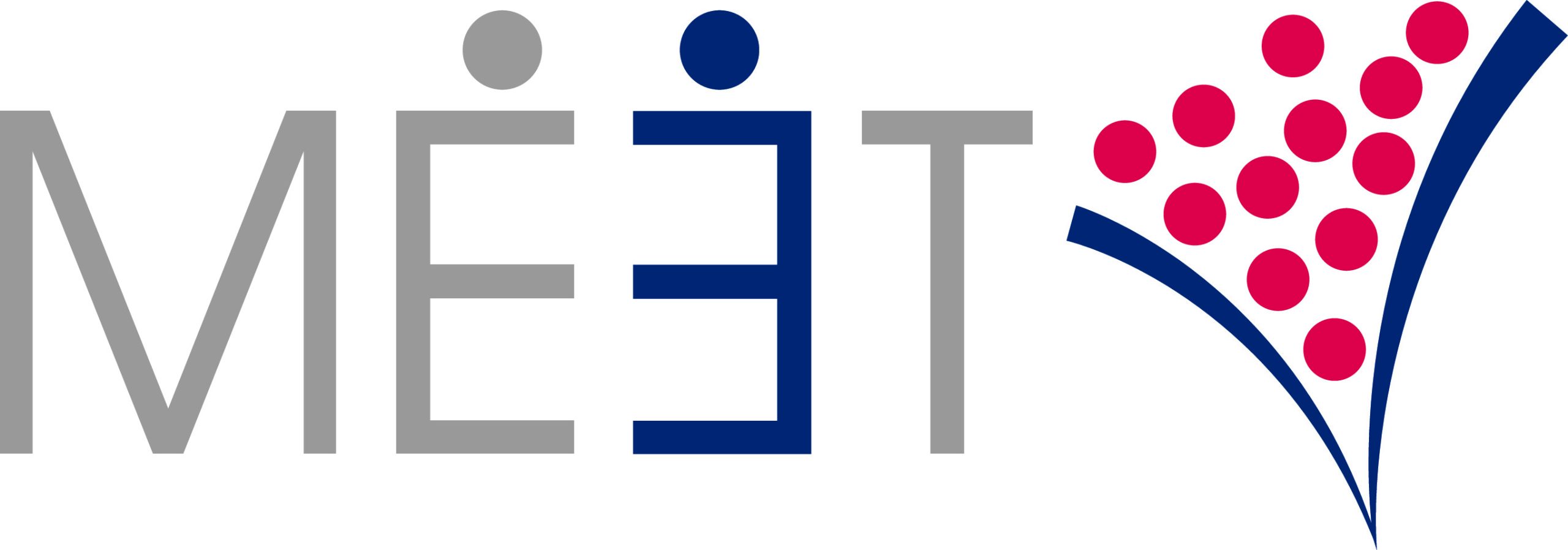Myth vs Reality for Life Sciences Companies Entering the US Market with Mark Lesselroth, BioPort USA
Link to video HERE Podcast Transcript Bill : Hi and welcome to the next episode of Belly to Belly. It is great to have you here with us today. So today we’re actually going to spend a little bit of time in the life sciences space and we’re joined by Mark Lesselroth from BioPort USA. Welcome, Mark. Mark : Thanks for having me, Bill. Bill : It’s great. So the title of this conversation is around the myth versus reality of life sciences companies entering the US market. We certainly want to kind of dive into that conversation. And just as a for context here, our listeners are both companies, b2b companies that are looking to enter the US market plus also a variety of Trade Representatives that are helping and support organizations that are helping these companies come into the US. Just for a moment before we hop into that really interesting conversation. It’d be great to know more about you and about Bioport. Do you mind just kind of giving us a little thumbnail of your background and also what you’re what you’re doing today with bio port USA. Mark : Absolutely. So first of all, I want to thank you. I appreciate this opportunity. You know, anytime I have the chance to spread the word so to speak, or spread the gospel, if you may. It’s a wonderful thing. So I am the president and CEO BioPort USA. Which was established in April of 2018. And the impetus behind it was, I wanted to identify innovative life science technologies, be a biotech medtech pharma in vitro diagnostics for around the world that could really improve our healthcare system. I know it sounds somewhat altruistic, but I’ve been around the world for a number of years. I was originally born in Germany, and lived throughout lived almost 15 years throughout my life in Germany. So both as a child as a student and then work there and as a result I you know, I not only learned the language, thanks to mom, who’s German but is also experiencing a lot of different cultures, not just the German culture. I was traveling a lot and I was exposed to a lot and and I recognize that while I love the United States, I think it really is a great country, that there are some amazing things happening outside and, you know, I don’t know how much longer I’ll live but I thought with the remaining years here, I want to do something good and, you know, find a way to introduce this technology just to make it easier on patients and make it easier on health care providers. Bill : That’s really cool and amazing. So oh, you know, I guess I’d start with our thesis here, which is the myth versus reality so I guess what, what’s the sort of paradigm that where you see companies that are life science companies are coming into the US? What are the myths that they’re is sort of holding closer or embracing that are challenging Mark : I’m glad you asked. I think one of the number one miss is that they know the US market. After all, we are a Western nation. Many of the International life science companies speak English. Many of them have traveled here either for pleasure or business. Some of may even studied here and work here. And so you know, the thought of well, if I went out to business here, how hard can it be? versus you know, China for example, I’ve met many people who think oh my god, I don’t speak the language. I don’t understand the culture. I definitely need help. There’s no way I can do this on my own. And with us, they think no problem. We can do it. And frankly, nothing further could be from the truth. They really don’t understand the US market in terms of how we make decisions, whether it comes to buying something, selecting something, the nuances associated with the regulatory process, they sure as heck don’t understand our reimbursement system, because most of them come from a country that offers universal health care. So that’s a big one in terms of a mess. Bill : That makes a lot of sense. So yeah, I would venture to say that many people in the US don’t understand the reimbursement system. So the idea that someone from outside the US would understand it would be difficult. So when companies, you know have these challenges where they maybe don’t understand this the sales process or the regulatory system, what challenges does it create for them? Well, how does that handicap them? Mark : Well, you know, it’s problematic because if they think they know the system, and then they go through and go about doing business as they’re used to in their home country, many of them will invariably fail. You know, they think it’s good enough to, let’s say, exhibit at a trade show and industry trade show, find a sales rep or distributor, sign an agreement and pay we’re off to the races, and nothing further could be from the truth and that holds true for American companies as well. But I think American companies for the most part, know better. Now those companies that are more successful United States are the ones that understand what you need to do in terms of developing a sales strategy, what you need to do to support a distributor how important your brand is in terms of influencing the purchasing decision. These are all concepts that for the most part are extremely foreign to the international life science community. And so many of them either fail outright or they do not achieve the success that they had anticipated. Because they weren’t prepared to adapt and adopt the US way of doing business. Bill : So, in sort of thinking about that, which would you say

